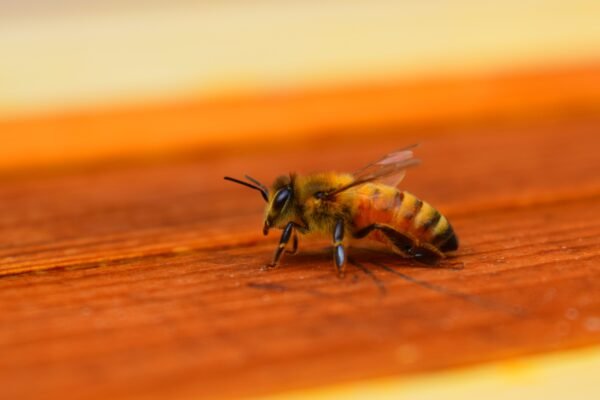Bees are fascinating creatures that play a critical role in our ecosystem. They not only pollinate crops and flowers but also produce honey, beeswax, and other important products. However, one of the most overlooked aspects of bees is their cleanliness. Bees are known for their fastidiousness and are known to keep their environment clean and free of disease.
Grooming Behavior
One of the key ways bees keep themselves clean is through grooming behavior. Bees have specialized hairs on their body that are used to groom themselves and remove dirt and debris. They also have specialized grooming combs on their legs that help them clean their antennae and other body parts. Bees use their mandibles to scrape off dirt and debris from their bodies and legs, and then use their front legs to brush it away.
Hygienic Behavior
Bees also exhibit hygienic behavior to keep their hives clean and free of disease. Worker bees are responsible for cleaning the hive and removing debris and dead bees. They also remove any sick or dead brood (immature bees) from the hive to prevent the spread of disease. Bees use their antennae to detect and remove any foreign objects or debris in the hive.
Antimicrobial Activity
Bees also have antimicrobial activity that helps to keep their hives clean and disease-free. Bees produce a substance called propolis, which is made from resins collected from trees and plants. Propolis has antimicrobial properties that help to prevent the growth of bacteria and fungi in the hive. Bees use propolis to seal cracks and gaps in the hive, creating a sterile environment.
Cleanliness is Essential for Bee Health
Cleanliness is essential for bee health. Bees are vulnerable to a wide range of diseases and parasites, and a dirty environment can create the ideal conditions for these pests to thrive. A clean environment is also important for the production of honey and other bee products. Honey that is contaminated with dirt or debris is not fit for consumption.
Conclusion
In conclusion, bees are incredibly clean and fastidious creatures. They use grooming behavior, hygienic behavior, and antimicrobial activity to keep themselves and their environment clean and free of disease. Bees are a vital part of our ecosystem, and it is essential that we take steps to protect and support them. By understanding the importance of cleanliness in bee health, we can take steps to promote a healthy and thriving bee population.


